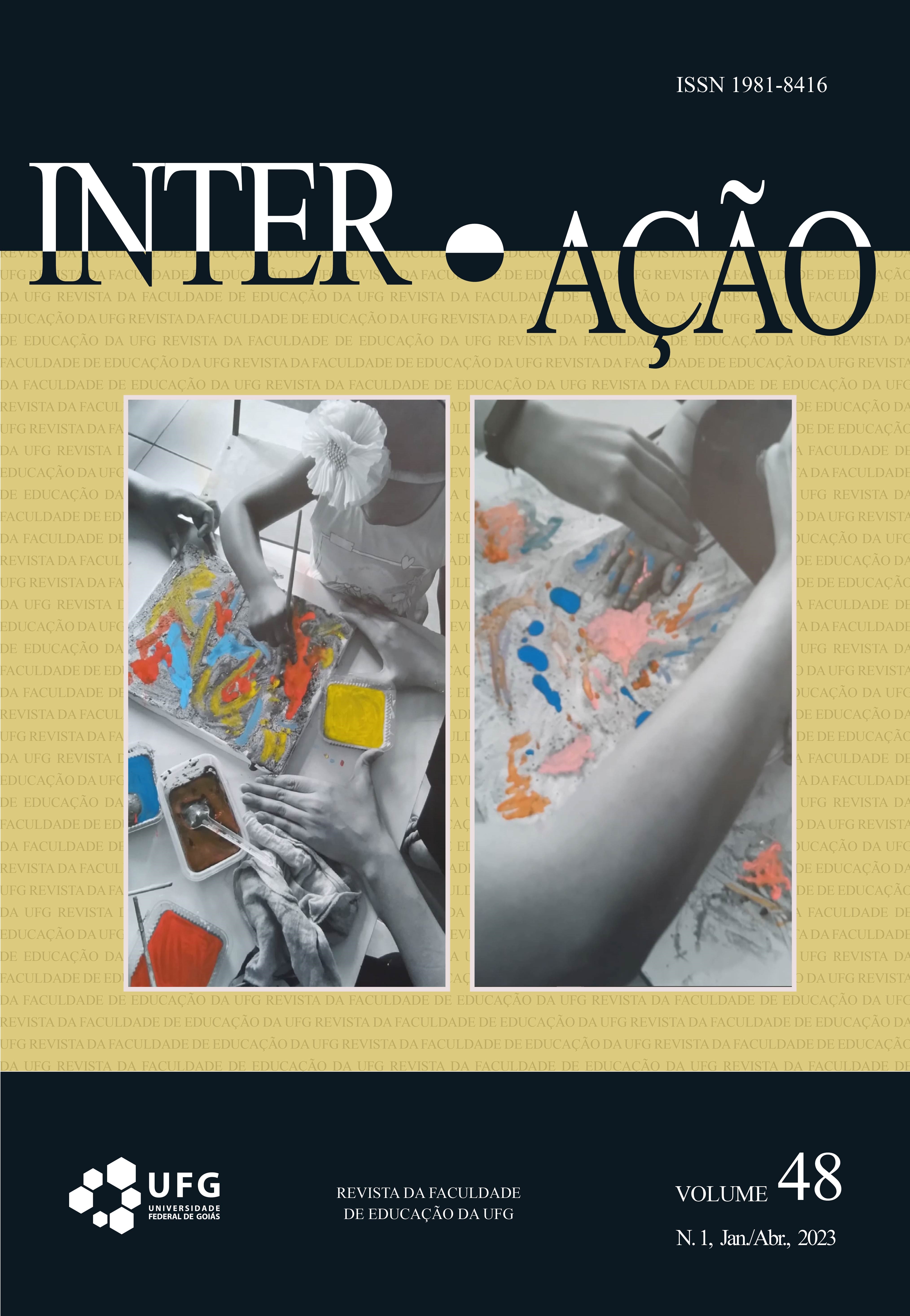EDUCATION AND PEDAGOGY ALTERNATION IN THE AMAZON: THE PROTAGONISM AND RESISTANCE OF THE ALTERNATING YOUTH
DOI:
https://doi.org/10.5216/ia.v48i1.72028Abstract
This article brings elements of reflection about pedagogy and alternation. Going from bibliographical research, the goal of this production was to reflect on its role in the protagonism of the CFRs (Rural Familiar Houses) alternants in the Amazon. It was possible to verify a proposition of rural education, having as principle the alternation pedagogy, forming and emancipatory educational practice, aimed at regional development, allowing for the protagonism of the alternants. They also noticed educational experiences aimed at the rural setting that meet the needs of the amazonian man. They’re projects that elaborate and materialize their curriculums according to the reality of amazonian folk, blending the studies with the work of productive unities.
KEYWORDS: Amazon. Rural Family House. Alternating Youth. Pedagogy of Alternation. Youth.
Downloads
Published
How to Cite
Issue
Section
License
Copyright (c) 2023 Poliana Fernandes Sena e Sousa, Werlison Silva de Sousa, Solange Helena Ximenes-Rocha

This work is licensed under a Creative Commons Attribution-NonCommercial 4.0 International License.
Inter-Ação uses the Creative Commons Attribution 4.0 License for Open Access Journals (Open Archives Initiative - OAI) as the basis for the transfer of rights. Open access means making documents available on the Internet free of charge, so that users can read, download, copy, distribute, print, search, or link to the full text of documents, process them for indexing, use them as input data for software programs, or use them for any other lawful purpose, without financial, legal, or technical barriers.
Authors publishing in this journal agree to the following conditions:
1) Authors retain copyright and grant the journal the right of first publication, with the work simultaneously licensed under the Creative Commons Attribution License, which permits redistribution of the work with attribution and first publication in this journal.
2) Authors are permitted to enter into additional, separate agreements for non-exclusive distribution of the version of the work published in this journal (e.g., for publication in an institutional repository or as a book chapter), with attribution and first publication in this journal.
3) Authors are permitted and encouraged to publish and distribute their work online (e.g. in institutional repositories or on their home page) at any time before or during the editorial process, as this may generate productive changes as well as increase the impact and citation of the published work.















